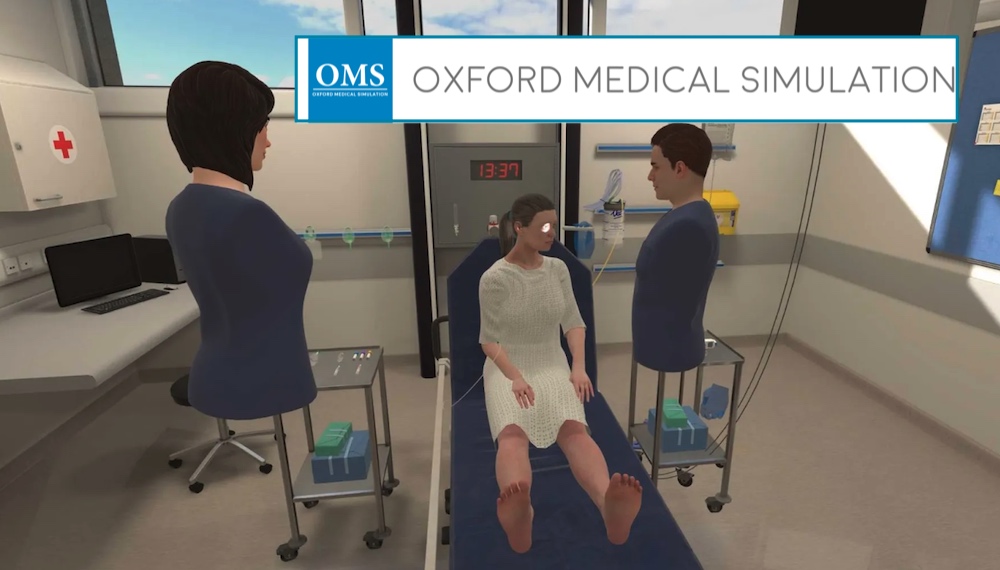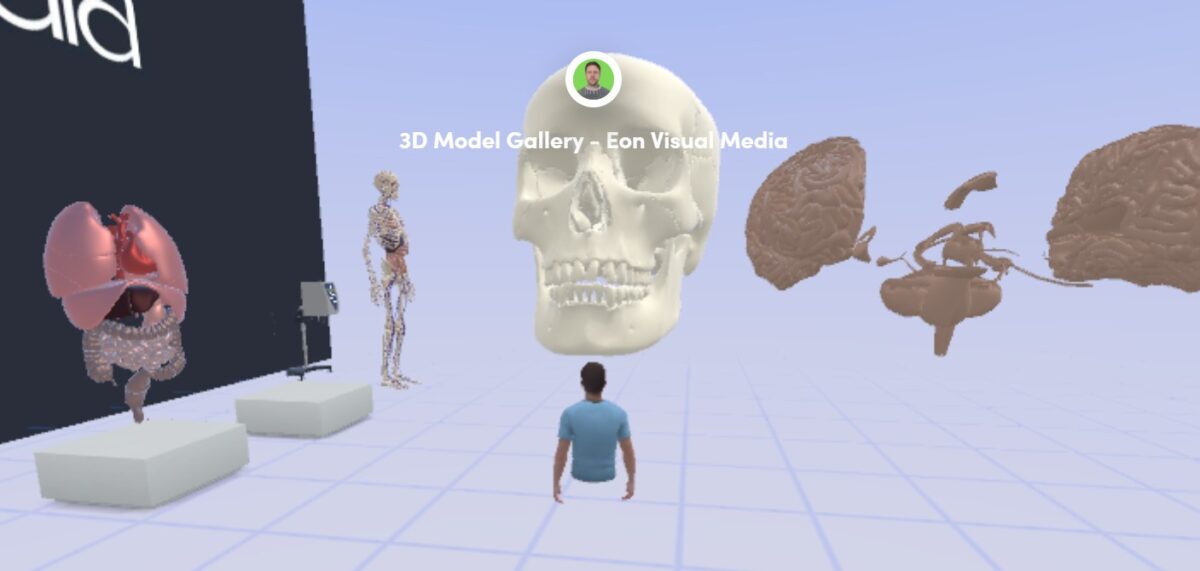Immersive technology reflects the next stage in the evolution of digital thinking and has the power to transform the staff, public and patient experience of health and care.
Going digital means getting the best out of global megatrends in the evolution of tech (being insight-led, using social platforms, going mobile and leveraging the cloud to deliver solutions economically and at scale) to focus on treating everyone as a consumer, where their positive experience of whatever service is being provided is of paramount importance.
We may still be in the foothills of its potential, but extended reality (XR) technology – from virtual reality headsets to haptic gloves that enable you to touch, feel and use objects – is entering the mainstream and becoming more sophisticated day by day.
XR is an umbrella term for all immersive technologies. The ones we already have today – augmented reality (AR), virtual reality (VR), and mixed reality (MR) – plus those that are still to be created.
The future of healthcare
The possibilities for a healthcare system looking to create a better experience for staff on the frontline and its users are genuinely exciting.
That’s why we recently took part in a Yorkshire & Humber Academic Health Science Network (AHSN) Immersive Tech event with our tech partner Globant, which took place, of course, in the virtual realm.
Organised by the AHSN’s programme manager Pete Waddingham, the event showcased the potential of immersive tech, who said:
Immersive tech is on the cusp of a revolution with multiple benefits for patients, providers and staff. Once you see what’s possible, you’ll wonder why you aren’t using it.
Tech benefitting people
As with all new systems and ways of working that we implement in healthcare, improving services and lives is the overriding objective. This isn’t about bringing in shiny new gadgets for the sake of it; this is about creating real-world benefits for the people involved.
Many of these benefits were discussed during the event, and there were some recurring digital themes that could make a difference to your staff and patients in the very the near future, such as:
Boosted training capabilities
The NHS is eager to increase its number of doctors and nurses and offer additional training. Virtual reality provides the opportunity to do this by, for example, providing more exposure to clinical settings that can be created digitally. This enables healthcare workers to practise and perfect interacting with patients and conducting assessments.
Once a platform has been created, it can be scaled up to include many more people than you could fit into one physical room. There is also the potential to examine different parts of the anatomy in 3D, walking through surgical procedures or discover how a medicine interacts with a specific organ, in a way that brings learning to life. These benefits are already being seen in other sectors, such as engineering, which routinely use virtual 3D models as part of the training and design process.

Better patient care and education
A patient who struggles to attend a consultation in person can sit one-to-one with a GP or consultant in their own home. There are clear cost and time efficiencies to this, but the real step forward is the patient-centric service on offer. In the same way that 3D virtual models enhance training, virtual consultations can be used to provide patients with remote interactions. This could include a step-by-step demonstration of a procedure they’re about to have or a virtual appointment to help them understand their disease management plan.

Enhanced mental wellbeing
This applies to both healthcare workers and their patients. For isolated patients who have mobility issues, virtual reality can open the door to social groups and physical activities that support their recovery. From a staff perspective, virtual reality can provide the time out they need to recharge from a busy shift. Think of the A&E doctor who, during their break, can remove themselves completely for 30 minutes of meditation or half a round of golf.
This is just a snapshot of what is possible. But we are on the brink of a transformative moment as the impacts of COVID-19, an ageing population and the need to maximise the impact of all the NHS’s resources all converge.
Juan Pablo Kim, Director of Business Hacking, EMEA, GlobantFor healthcare organisations looking to evolve into a digital environment, immersive experiences become a key pillar of their digital strategy. It will enable them to offer new employee-centric and patient-centric experiences and set the basis for a future metaverse. At Globant, we accelerate innovation by creating engaging XR solutions, leveraging our Gaming and Metaverse Studios.
Advances will come thick and fast. Being aware of XR’s possibilities now will make sure you benefit from them more quickly when they arrive.
How we can support you
A key element in successfully accessing the benefits of XR is an effective implementation. If the immersive tech you provide doesn’t live up to the hype, clinical staff and patients won’t use it now and will be less willing to try it in the future.
At Channel 3, we specialise in developing digital strategies for trusts and integrated care systems (ICS), before implementing them in a way that genuinely improves lives. We do this by working side-by-side with health organisations to understand their challenges, using that knowledge to develop digital solutions that enable health and care professionals to focus on providing better care more efficiently. We help our clients identify where immersive tech can support their patients and staff most effectively and, with our XR tech partners Globant, pinpoint the tech that will provide the best solutions.
If you’d like to learn more about what immersive tech could bring to your Trust or ICS, please get in touch using the contact us form below.
And to see, hear and experience everything that was discussed at the AHSN immersive tech event, the virtual space is still accessible here.
